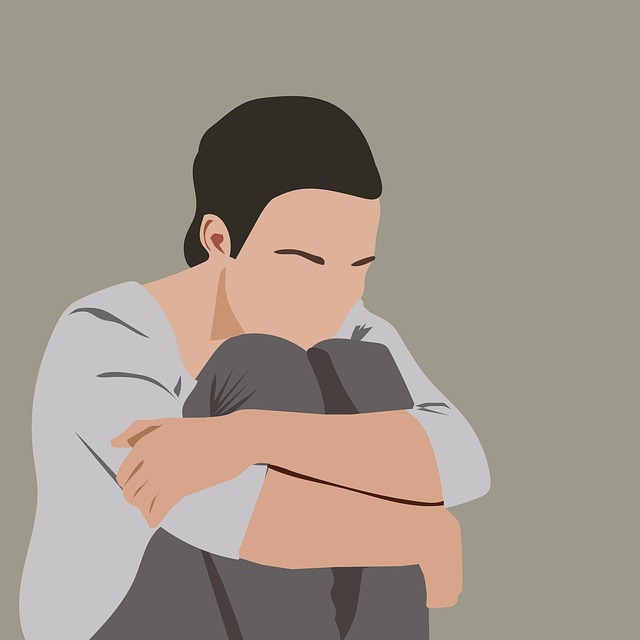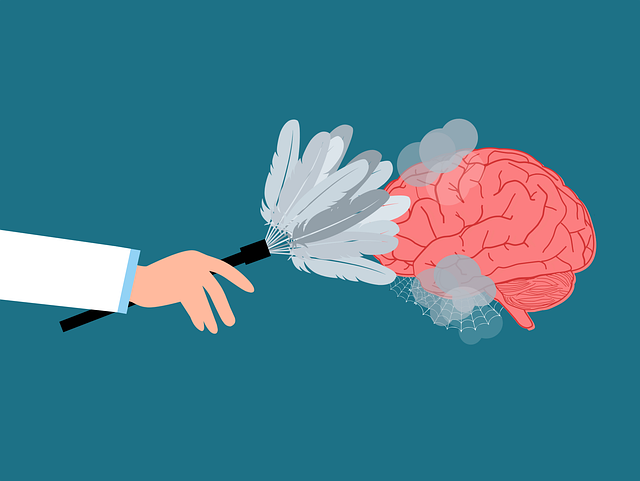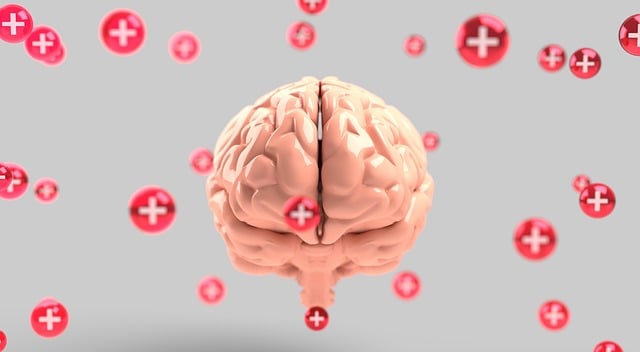Mental wellness is a crucial aspect of caring for young children with cancer, impacting their emotional journey significantly. Early support through journaling and mood management techniques helps process emotions and enhances resilience. Setting small achievable goals boosts confidence. Establishing consistent self-care routines, integrating mind-body activities like meditation and exercise, builds mental fortitude to cope with cancer care's stress. Therapy sessions teach parents coping strategies, and mentor-led coaching programs personalize self-care integration. Specialized therapy programs encourage open dialogue, foster peer support, and develop resilience through mindfulness meditation. These comprehensive approaches are essential for navigating Therapy for Young Children Cancer Issues effectively, promoting positive outcomes.
Mental wellness is a cornerstone of overall health, especially for young children facing cancer issues. Understanding the impact of mental wellness on these vulnerable patients is crucial for fostering resilience and coping mechanisms. This article explores strategies to develop self-care routines tailored for young cancer patients, emphasizing the importance of home-based practices and professional therapy options, such as counseling services designed to support their unique needs. By implementing these approaches, we aim to enhance their well-being and navigate their journey with greater strength.
- Understanding Mental Wellness and Its Impact on Young Children with Cancer Issues
- The Importance of Self-Care Routines for Coping and Resilience
- Strategies for Incorporating Effective Self-Care Practices at Home
- Seeking Professional Support: Therapy Options for Young Cancer Patients
Understanding Mental Wellness and Its Impact on Young Children with Cancer Issues

Mental wellness is a vital aspect of overall well-being, especially for young children facing cancer issues. Understanding and prioritizing mental health can significantly impact their journey through therapy and treatment. Children with cancer often experience anxiety, fear, and uncertainty, which can affect their emotional state and daily functioning. Recognizing these challenges early on is crucial to providing the necessary support and guidance.
Journaling exercises have proven to be an effective Mental Wellness Journaling Exercise Guidance for young patients. Writing down thoughts and feelings in a dedicated space allows children to process their emotions and gain insight into their mental state. Additionally, mood management techniques can empower them to navigate through stressful situations, enhancing their ability to cope with the physical demands of cancer treatment. Boosting confidence is another key component; encouraging children to set small achievable goals and celebrate their accomplishments can significantly impact their self-esteem and overall resilience during therapy for Young Children Cancer Issues.
The Importance of Self-Care Routines for Coping and Resilience

In today’s fast-paced world, where demands on time and energy are high, especially for young children facing cancer issues through therapy sessions, establishing a consistent self-care routine is paramount for maintaining mental wellness. Self-care isn’t merely an indulgent act; it’s a vital tool for coping with stress, fostering resilience, and enhancing overall well-being. By integrating activities that nourish both the mind and body, individuals can better manage challenging situations, including navigating therapy for young cancer patients.
A structured self-care routine enables one to proactively address symptoms of anxiety and depression, which are prevalent during such trying times. Stress management workshops and organization of support systems play a crucial role in this process. By dedicating time each day or week for activities like meditation, exercise, journaling, or engaging in creative pursuits, individuals build mental fortitude—a resilience that is especially beneficial when dealing with the complexities of cancer care. This proactive approach to self-care not only improves coping mechanisms but also paves the way for a healthier and happier future.
Strategies for Incorporating Effective Self-Care Practices at Home

Incorporating effective self-care practices at home is a powerful way to nurture mental wellness, especially for those navigating challenging situations like young children with cancer and their families. Therapy plays a pivotal role in this process, offering tailored strategies to manage stress and anxiety. Through therapy sessions, parents and caregivers can learn coping mechanisms that promote positive thinking and emotional resilience in their children. This at-home approach complements the support received from Trauma Support Services, ensuring a holistic healing journey.
Mentor-led Mental Wellness Coaching Programs Development can further enrich this routine by providing personalized guidance on integrating self-care into daily life. These programs often focus on building mental toughness and fostering effective coping strategies for stress management. By combining therapy, trauma support, and coaching, families can create a supportive environment that cultivates resilience and enhances overall mental wellness. This proactive approach is essential in mitigating the impact of cancer issues and promoting positive outcomes for young patients.
Seeking Professional Support: Therapy Options for Young Cancer Patients

For young cancer patients navigating cancer issues, seeking professional support through therapy is a crucial step towards managing their mental wellness. Many healthcare facilities offer specialized therapy programs designed specifically for children and adolescents dealing with cancer and its associated challenges. These therapies can include individual counseling sessions where patients have a safe space to express their feelings, fears, and frustrations. Group therapy sessions provide an opportunity for peer support, fostering a sense of community among fellow young patients facing similar struggles.
One effective therapeutic approach is incorporating communication strategies that encourage open dialogue about cancer-related experiences. Mental wellness coaching programs can also be tailored to help young individuals develop coping mechanisms, enhance self-awareness, and build resilience. Additionally, practices like mindfulness meditation have shown promise in reducing anxiety and improving emotional well-being among pediatric cancer patients. These therapeutic options collectively contribute to the holistic development of mental wellness for young cancer survivors.
Developing a mental wellness self-care routine is crucial for young children facing cancer issues, fostering resilience and coping mechanisms. By understanding the impact of mental wellness on these patients and implementing effective strategies at home, caregivers can significantly enhance their quality of life. The article has explored various practices, from navigating therapy options like art therapy and mindfulness to establishing calming routines. Remember that seeking professional support is vital; therapy tailored for young cancer patients can provide invaluable tools for managing stress and emotional challenges. With the right self-care routine and guidance, these children can find solace, strength, and hope during their journey.














